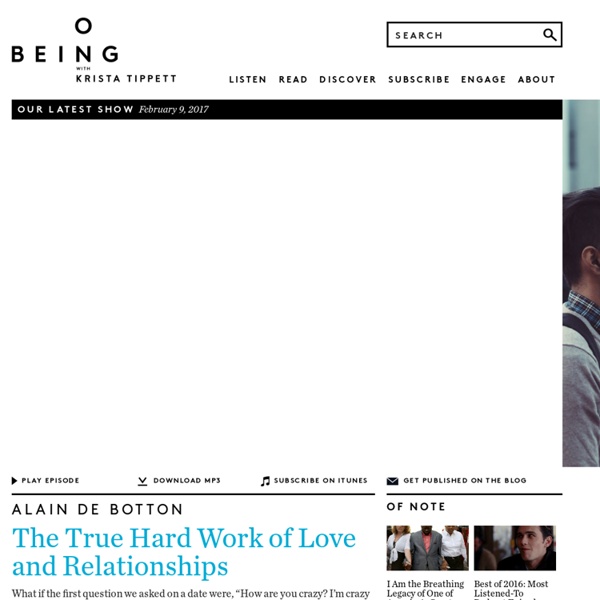



HOW THE BODY RESPONDS TO STRESS How the body responds to stress To our Neanderthal forefathers, stress was an essential component of survival. That burst of adrenaline brought on by an encounter with a sabre-tooth tiger gave them the speed to flee or the strength to kill the monstrous beast. Today's challenges might not include facing hungry carnivores, but office politics, TV news, and dodging minibus taxis make for an equally stressful life only now, running away is not an option. Initially, feeling stressed is a positive response that enables us to complete tasks quickly and efficiently. Because there are so many different manifestations of stress build-up, stress is often not recognised as the cause of illness. The Stress Spiral Stress can be an ever increasing, out of control spiral. The stress response When we are first stressed, the brain signals the release of adrenalin and cortisol. Medium term, as we become more and more stressed out, so our body begins to adapt to the high level of stress hormones.
Chronic Muscle Tension, Herbal Natural Cures,Ganoderma Lucidum,Royal Jelly,Bee Pollen,Psoriasis Cream Why Do Muscles Tighten? A muscle contracts with use and normally relaxes after use. But when a muscle is contracted for prolonged periods, the muscle loses oxygen causing the pyruvic acid to convert to lactic acid. Lactic acid accumulates in the muscle and around the muscle spindle. Lactic acid is an irritant to the muscle and sickens the muscle spindle causing a weak message from the muscle to the brain. Chronic Muscular Hypertonicity Chronic muscular hypertonicity may result from long-term performance of repetitive motion (e.g., at work); from long-term emotional distress (i.e., heightened tension), or from trauma (reflexive retraction from pain upon injury that persists through healing). Whether muscular hypertonicity results from pain (i.e., from guarding against pain) or produces it, the results are the same: reduced movement, decreased circulation, and accumulation of lactic acid in the involved muscle tissue. Chronic Passive Tension Some people believe stretching helps. Source Goal
Become Comfortable With All Your Emotions Ride the Wild Horse teaches you how to: get in touch with your emotions live with emotional intensity manage unpleasant or threatening feelings stay calm and focused even in upsetting situations Beyond relaxation The goal of the Ride the Wild Horse meditation is not simply to relax, but to become more aware of the feeling sensations—both emotional and physical—throughout your body. As you’ve already learned, many of us have subconsciously learned to numb and dampen our feelings. You’ll also recover long-buried emotions and learn to feel comfortable with them. If you fear the outcome of intense emotions, understand that learning to mindfully experience strong feelings like anger can give you the ability to contain your emotions and control your behavior. Setting the stage Set the stage for learning to ride the wild horse by creating a safe private space—a space that’s pleasant and energizing, where you won’t be disturbed. Turn off your phone and lock the door if you need to. Before you start
Toolkit Video transcripts JEANNE SEGAL: Hello, I'm Jeanne Segal, and I’m here to help you reduce stress, defeat anxiety, conquer depression, and build better relationships. If you are challenged by these kinds of problems, you may be unsure about your ability to help yourself. But I assure you, it’s entirely possible. When you know how your brain works, you can change the way you feel, think, and act. You achieve this by learning and practicing two core skills: The ability to quickly reduce stress in the moment, and the ability to remain comfortable enough with your emotions to react in constructive ways. Whether you are aware of it or not, emotions are the driving force behind most of what you do. MARY HELEN IMMORDINO-YANG, ED.D.: In the most basic sense, emotions keep you alive. JEANNE SEGAL: Feeling sparks motivation and decision-making. DR. JEANNE SEGAL: To learn the core skills that connect you to your emotional experience, you’ll need to engage the non-verbal, emotional parts of your brain. DR.
Emotional Intelligence (EQ): Five Key Skills for Raising Emotional Intelligence What is emotional intelligence? Emotional intelligence (EQ) is the ability to identify, use, understand, and manage emotions in positive ways to relieve stress, communicate effectively, empathize with others, overcome challenges, and defuse conflict. Emotional intelligence impacts many different aspects of your daily life, such as the way you behave and the way you interact with others. If you have high emotional intelligence you are able to recognize your own emotional state and the emotional states of others, and engage with people in a way that draws them to you. Emotional intelligence consists of four attributes: Self-awareness – You recognize your own emotions and how they affect your thoughts and behavior, know your strengths and weaknesses, and have self-confidence. Why is emotional intelligence (EQ) so important? As we know, it’s not the smartest people that are the most successful or the most fulfilled in life. Emotional intelligence affects: Your performance at work. Next step...